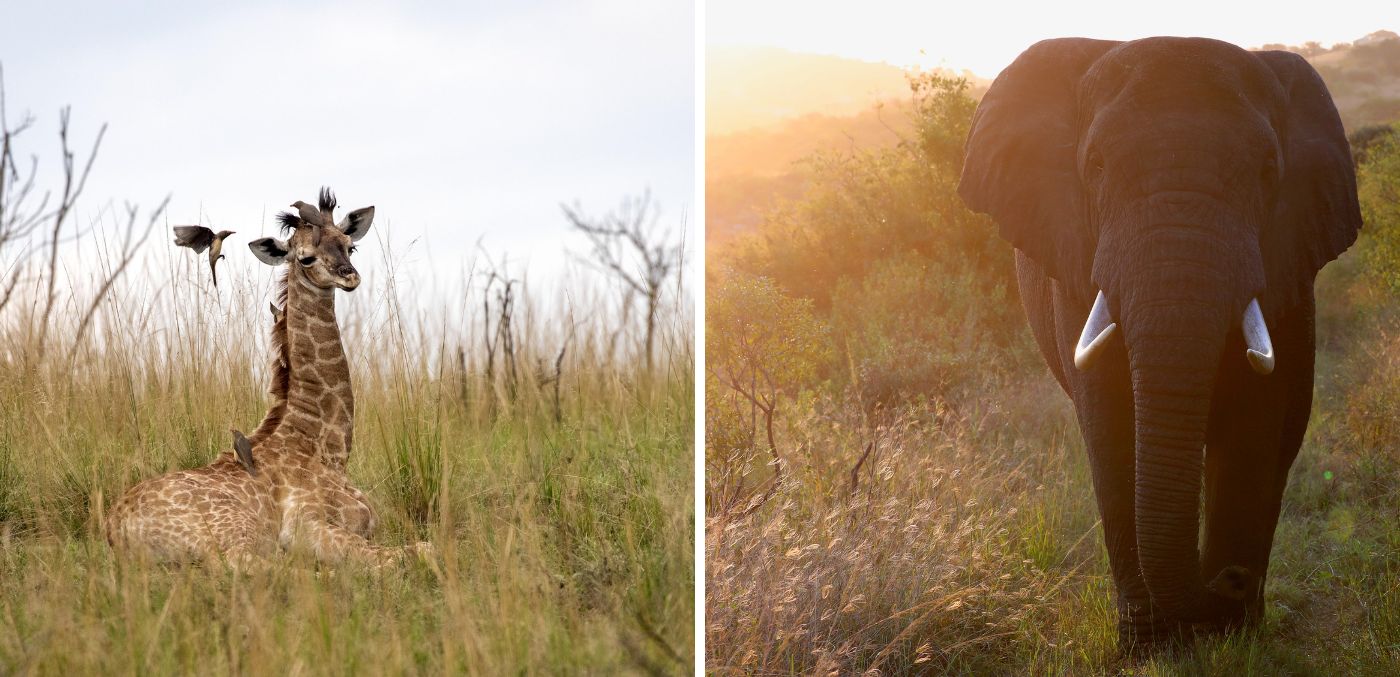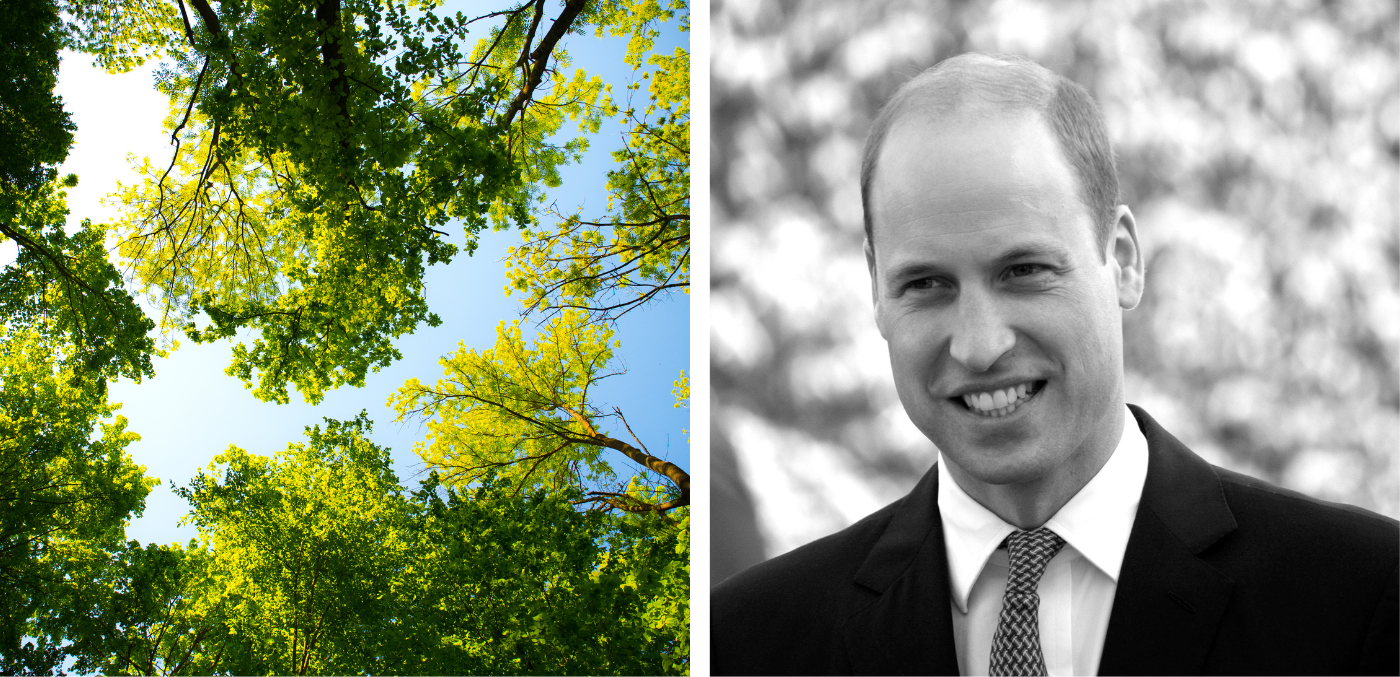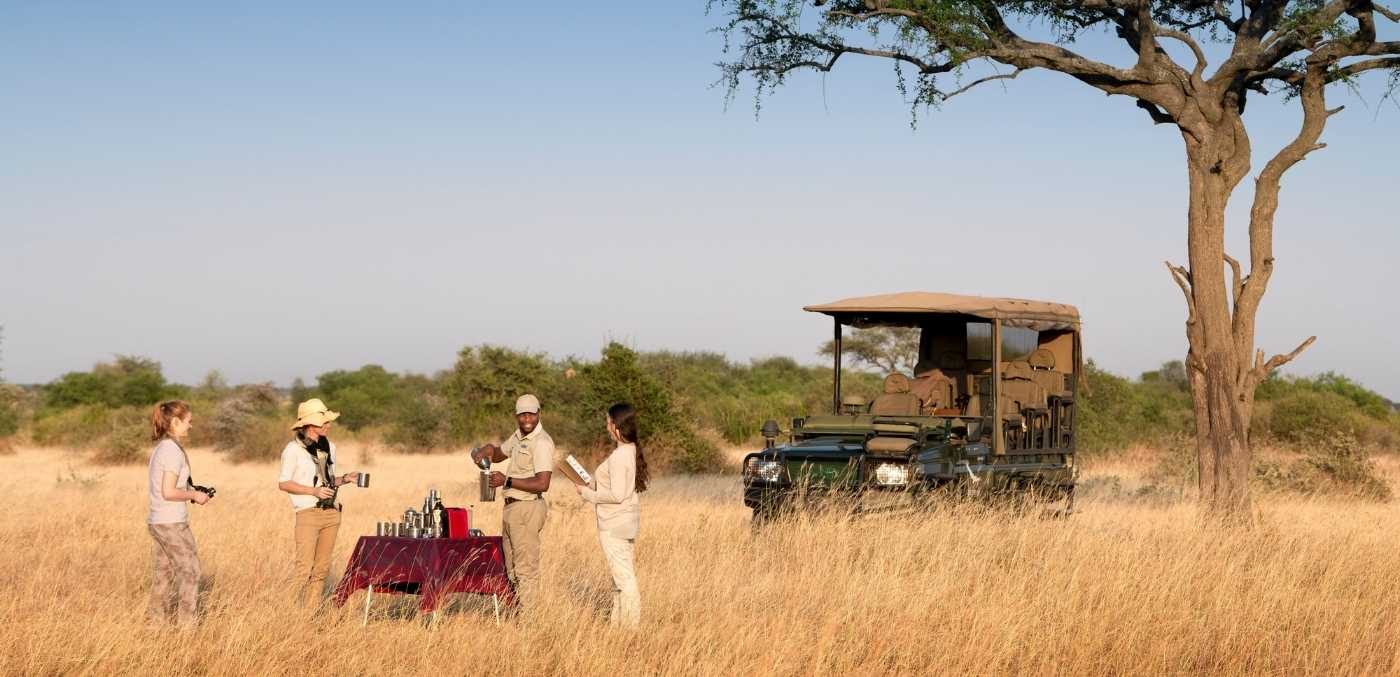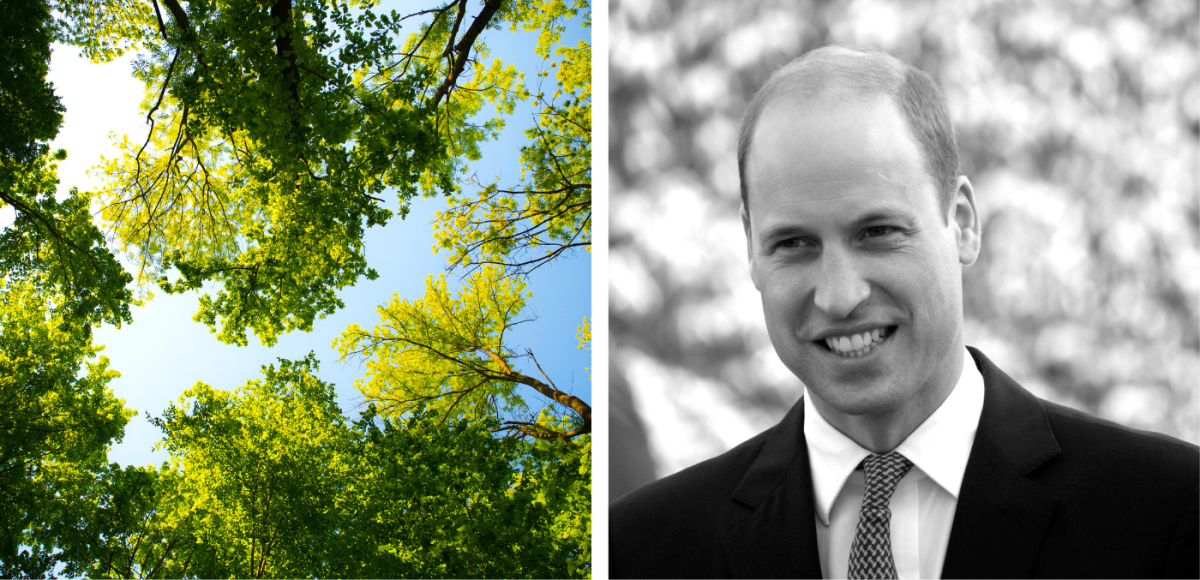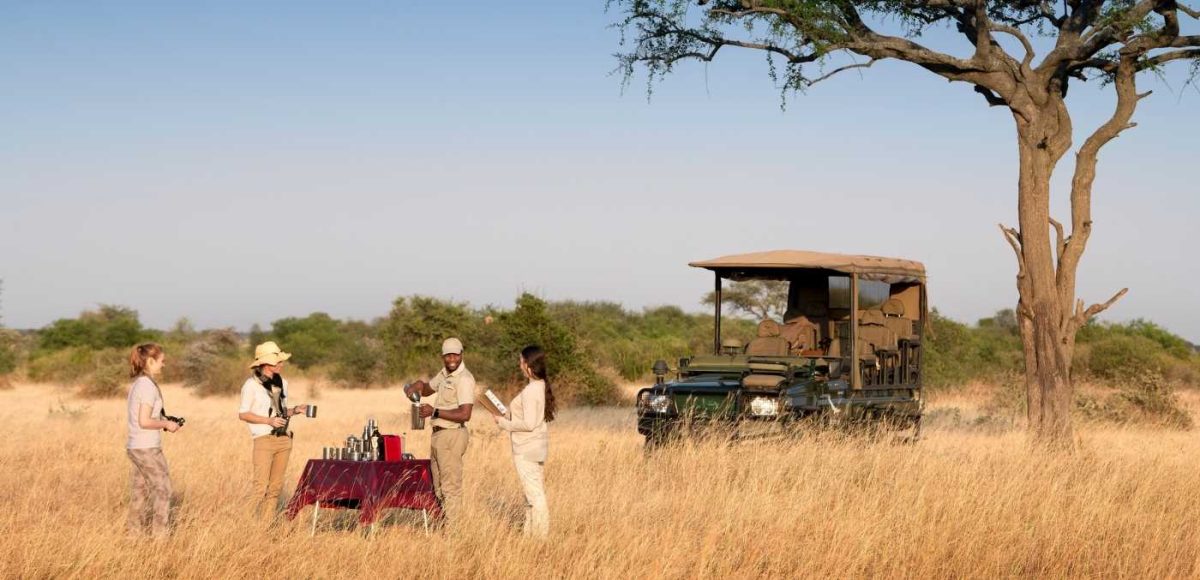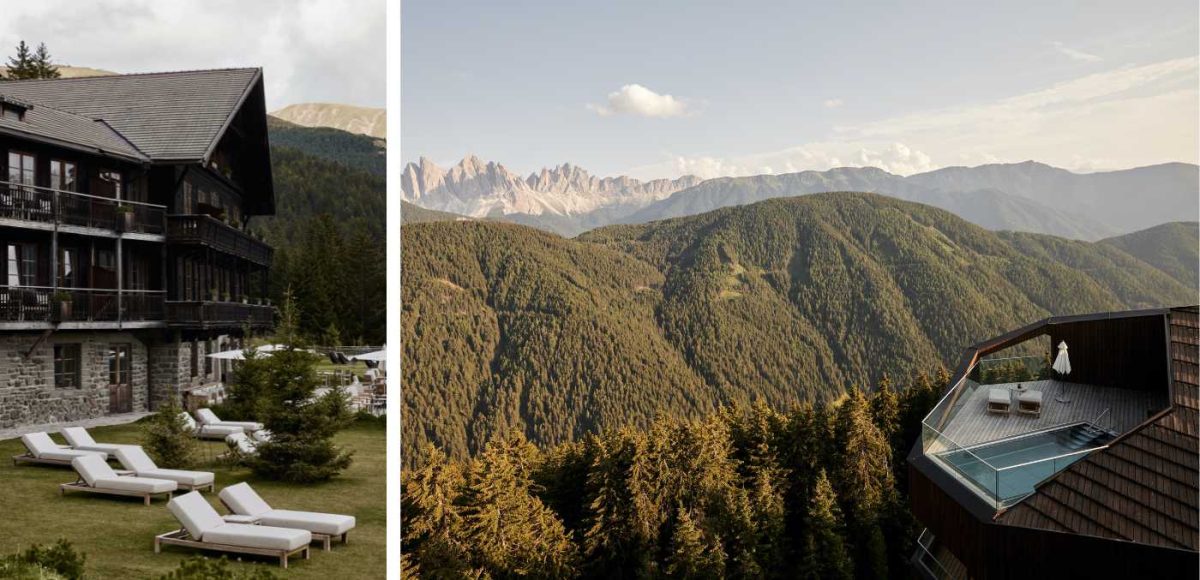A visit to South Africa’s Thula Thula’s wildlife sanctuary, home of the legendary Elephant Whisperer, will provide unique encounters that evoke big feelings, writes Rachelle Mackintosh.
A close encounter at Thula Thula’s wildlife sanctuary
Thula Thula unfurls around us – an undulating patchwork of greens, khakis, yellows and rusty dirt, dotted with the abstract lumps of distant elephants. There’s nothing abstract about the four on the road ahead, though. They’re mere steps away – and almost still, barring their heavy-lashed blinks, as they peer into the Landcruiser. And while this roadblock should be intimidating – after all, they’re about three metres tall – I feel a sense of calm connection to these peaceful behemoths. As I put down my camera to savour the moment, the largest fellow steps forward; watching our elephant specialist safari guide, Andrew Murgatroyd, he wraps his trunk around the bullbar.

“Gobisa, it’s great to see you! Gobiiiiisa,” Andrew says from the driver’s seat, smiling broadly. “He’s just saying hi,” he tells me. “We go way back.” Gobisa unwraps his probing proboscis from the bullbar only to gently flop it onto the bonnet, his eyes still on Andrew. “The number of times they’ve kissed my car is crazy – the whole herd must’ve done it at some point. “OK now, that’s enough,” he adds, friendly but firm. And just like that, Gobisa steps back, eyeballs each of us as he meanders down the length of the vehicle, then disappears into the bush behind us. Then the others follow him and soon become greyish lumps in Thula Thula’s patchwork. This extraordinary encounter leaves me giddy. Clearly, the reserve’s 28-strong elephant herd has a special relationship with the rangers, one built on mutual respect and trust. And it’s no wonder, really – Thula Thula has long been a safe place for them.
Meeting the ‘Elephant Whisperer’
In 1999, a year after conservationists Lawrence and Francoise Anthony bought 1,500 hectares in Zululand and named it Thula Thula – a two-hour drive north-east of Durban – a small herd of elephants went “rogue” and became destructive, traumatised by the death of their matriarch. When attempts to contain them failed, the problem pachyderms were targeted by hunters until Lawrence intervened to give them sanctuary. With time, persistent communication and empathy, he earned their trust – a life-affirming tale he documented in his bestseller, The Elephant Whisperer.

And while Lawrence unexpectedly passed away in 2012, Francoise has continued to grow the wildlife sanctuary. The property has three guest camps, its own nonprofit organisation, the South African Conservation Fund; a wildlife rescue and rehabilitation centre; an antipoaching unit, and a Volunteers Academy. Plus, its expanded 4,500-hectare area is home to wild-living rescued elephants and rhinos, as well as indigenous animals like giraffes, leopards, hyenas, baboons, nyala, buffaloes and more than 350 types of birds. Francoise has documented the reserve’s unique journey in her books, An Elephant in my Kitchen, The Elephants of Thula Thula and in her current work-inprogress – a cookbook showcasing her famous African-French cuisine.
Unwind at the Elephant Safari Lodge
I’m staying at the Elephant Safari Lodge, where eight charming chalets offer tasteful four-star amenities, rustic-chic decor, earthy colour palettes and natural textures singing to the wilderness around them. They’re mere steps from the lodge’s well-stocked bar, central plunge pool and inviting alfresco dining areas, where I tuck into venison terrine with marula jelly and oxtail bourguignon, paired with the region’s finest wines.
Nearby, the Luxury Tented Camp offers enjoyable stays under canvas, with thoughtful touches including Victorian-style bathtubs, private viewing decks and buffet dinners showcasing classic South African fare. And if you’d like to be part of Thula Thula’s conservation story, the Volunteers Academy offers one- to three-week stays in an exclusive tented camp, where daily activities might include monitoring wildlife and assisting with bush regeneration; and day trips from Durban are also an option.

Connecting to Thula Thula’s wildlife
While massages, Zulu dance shows, cooking classes and photography courses are available, during my three day stay here, I only have eyes for the animals, so I make the most of the included twice-daily safari drives with Andrew. And while I’m thrilled to get close to baby giraffes, hyenas, leopards and hippos, I’m increasingly intrigued by the elephants. With each encounter I see how sentient and intelligent they are – and I’m humbled they’re so comfortable around us.

It’s undeniable Thula Thula’s elephants have a deep sense of connection to its people. In March 2012, on the same day Lawrence passed away, the herd visited the Anthonys’ homestead – returning of their own accord after years away in a far-flung corner of the wildlife sanctuary. They stayed for two days, in what witnesses believed to be a wake for their friend, before vanishing deep into the bush again. In March 2013 and 2014, on the anniversary of Lawrence’s passing, they returned once again. It’s inexplicable moments like these that add to the mystique of the Thula Thula experience. And while animal lovers like me dream of having such long-lasting relationships with these wild creatures, just seeing their desire to connect – and feeling it intensely, if only for a few days – is what makes this special place and its creatures imprint themselves on your soul.

This article originally appeared in volume 45 of Signature Luxury Travel & Style magazine. Subscribe to the latest issue today.
Read more:







